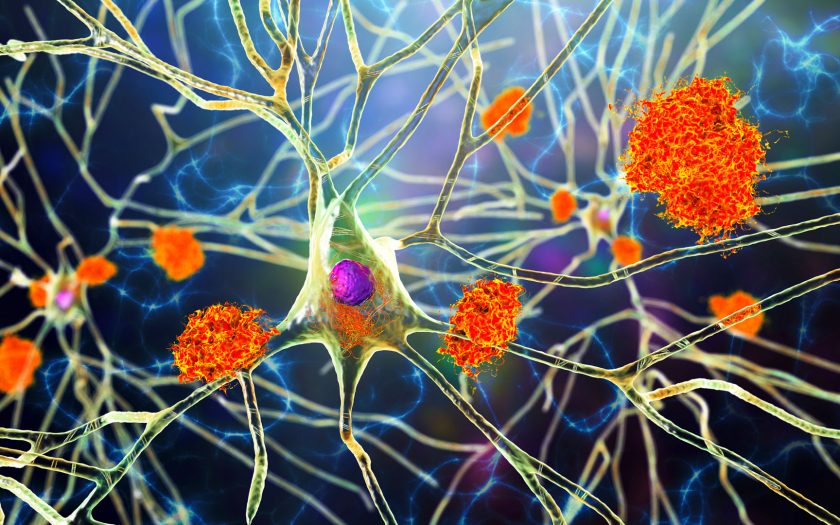Myth 1: A person loses connection with friends and becomes antisocial.
Alzheimer’s disease can make communication and social interactions more difficult due to cognitive impairments, but this does not mean that a person cannot participate in social life. Over time, as symptoms progress, more support may be needed, but social interactions can still be adapted to meet the person’s needs. It is important that the surrounding environment does not belittle the person but instead offers help and support. There are new therapy techniques that not only help stop the development of unpleasant symptoms but also enable individuals to remain active and energetic. The key is not to lose hope and, if possible, to continue treatment.
Myth 2: Appetite is always lost and there is no enjoyment from food.
This is one of the most widespread myths, as in most cases, people can still enjoy their favorite foods. For instance, in the early stages of the disease, appetite typically remains unchanged and individuals can continue to eat what they like. However, as the disease progresses, cognitive impairments may cause difficulties with meal preparation, forgetting meals or focusing during meals. In some cases, in the later stages, a decrease in appetite or a change in taste preferences might occur, but this does not happen for everyone with Alzheimer’s. Many people can maintain a healthy appetite even in the later stages of the disease if they receive appropriate support, care and take the necessary drug therapy (e.g. Admenta 10, Prexaron Plus, Donecept-5). Proper nutrition and creating a comfortable environment during meals can help preserve appetite and ensure a good quality of life.
Myth 3: The sense of joy from life disappears.
While Alzheimer’s disease can affect the ability to orient oneself in the surrounding world, it does not mean that a person completely loses the ability to feel joy or pleasure in life. In the early stages of the disease, people often retain emotional responses and can continue to experience joy from familiar activities, spending time with loved ones, hobbies or nature. Over time, as symptoms progress, changes may occur in how a person expresses emotions or experiences situations, but this does not mean the complete disappearance of joy. People with Alzheimer’s often retain emotional connections with family and friends and they can find pleasure in simple joys—like listening to music, watching favorite movies or taking walks outdoors. To preserve a sense of joy, it is important not to isolate oneself from the world. Instead, devote more time to activities that fill you with happiness and joy. Try attending different events, such as going dancing on weekends, as this will help you relax and experience positive emotions, which are crucial in such cases.
Myth 4: It is impossible to wear stylish high-heeled shoes.
This is not entirely true, as people with such diseases can wear high-heeled shoes if they are comfortable, but there are several important points to pay attention to. It is important to choose footwear that does not pose a risk of falling, meaning shoes, sandals or boots should have a solid square heel that provides stability while walking. High heels can be dangerous, especially if the disease progresses. However, if a person feels confident in higher heels and has no issues with walking or coordination, wearing them is still possible. It is also important that the shoes provide proper foot support and do not cause discomfort. Therefore, when choosing shoes, try on several pairs to find the ones you can wear comfortably every day without compromising your health.

